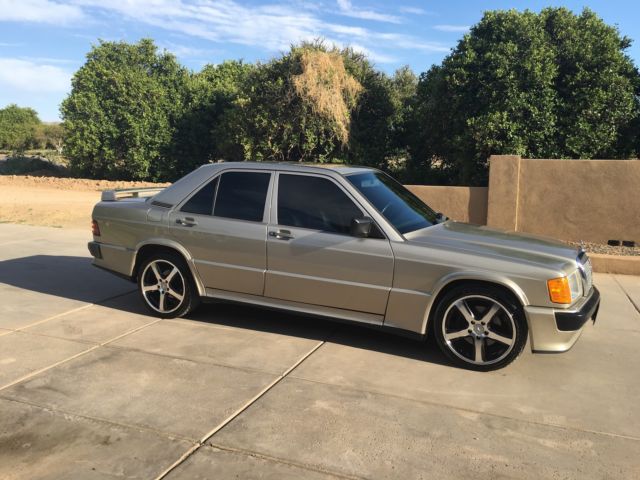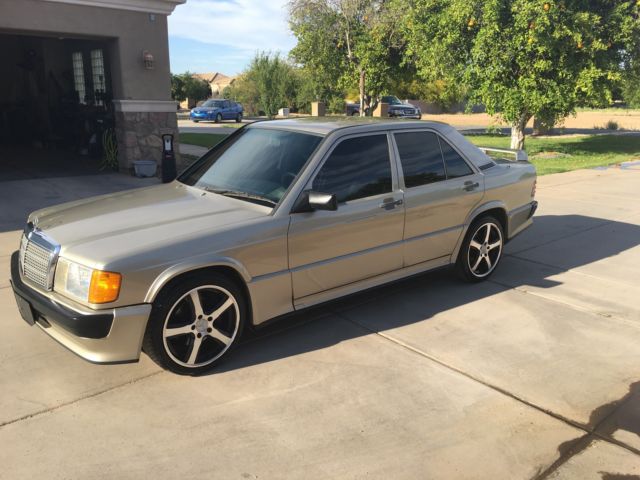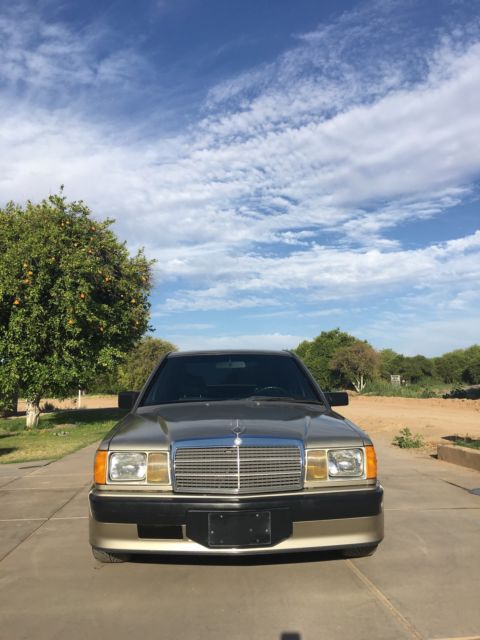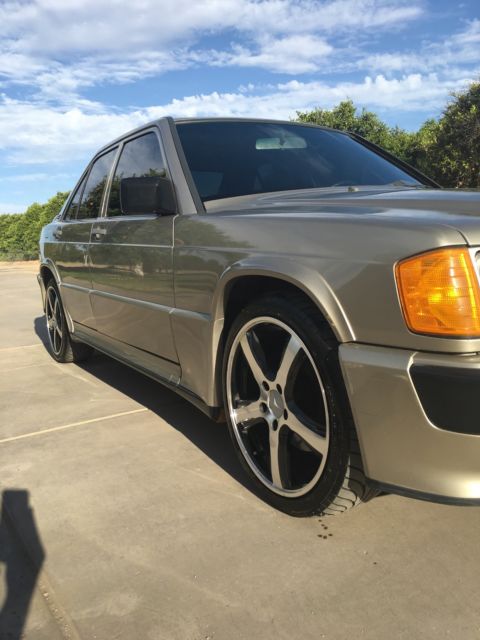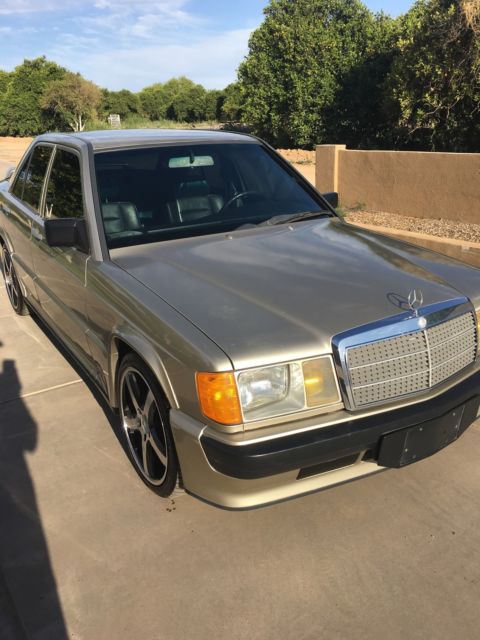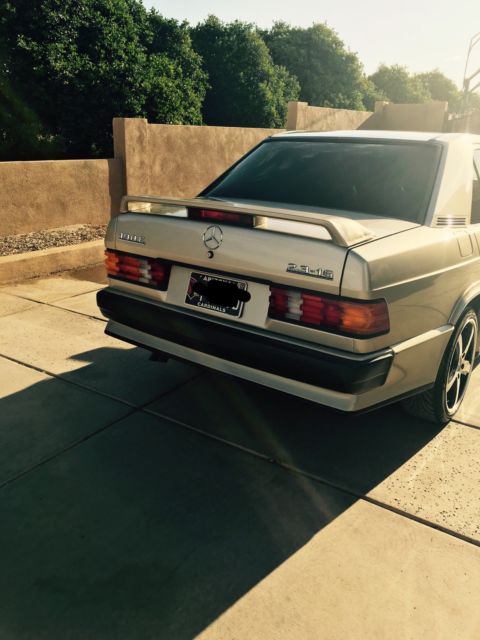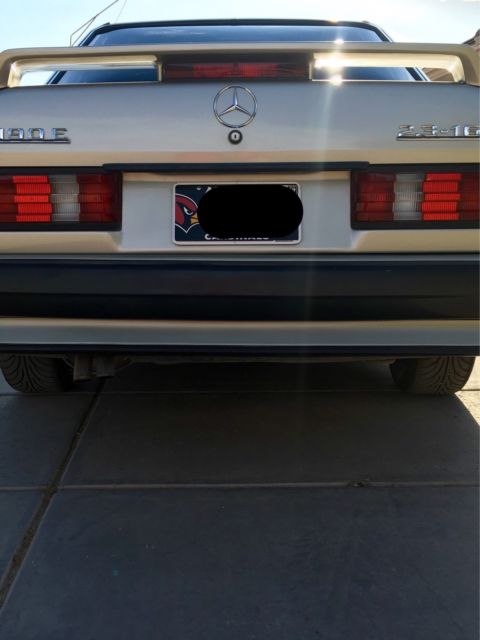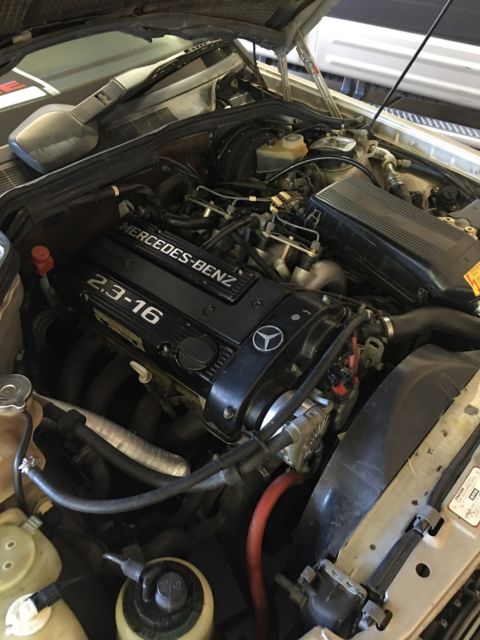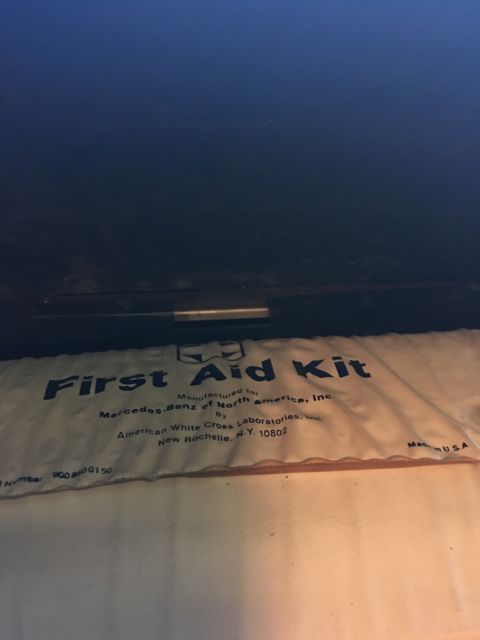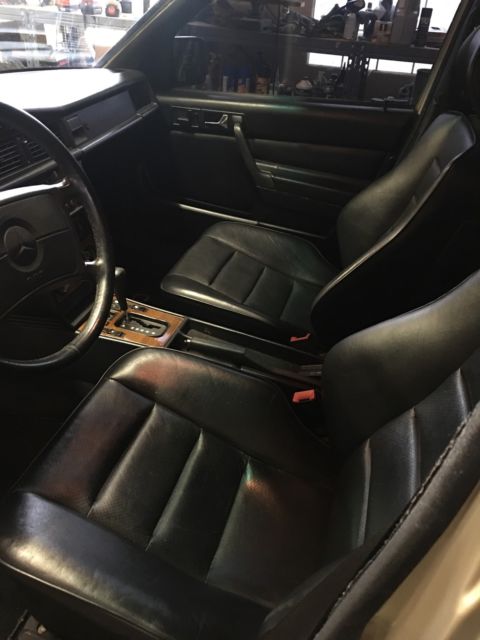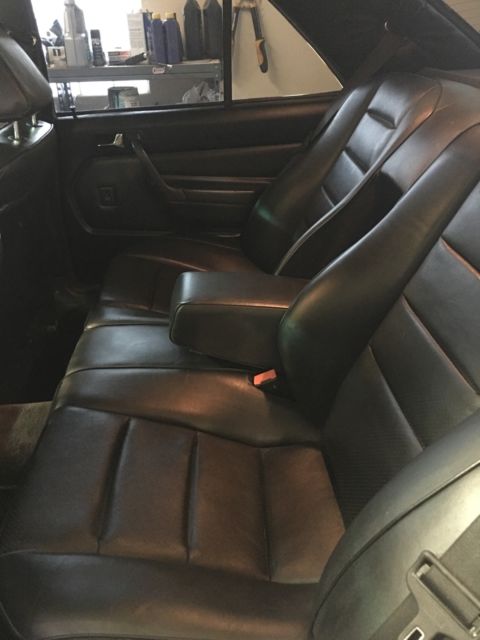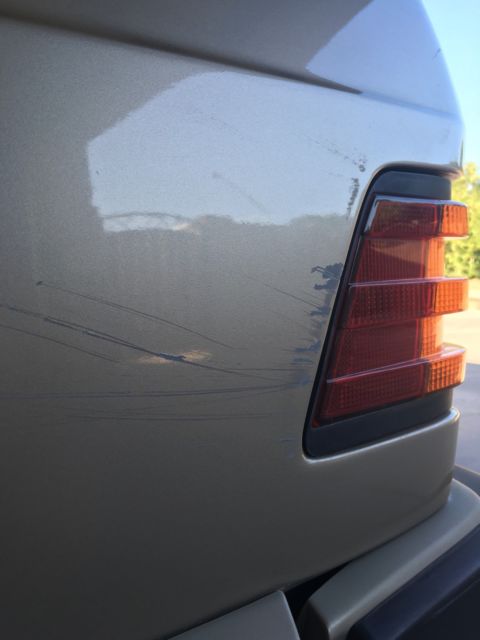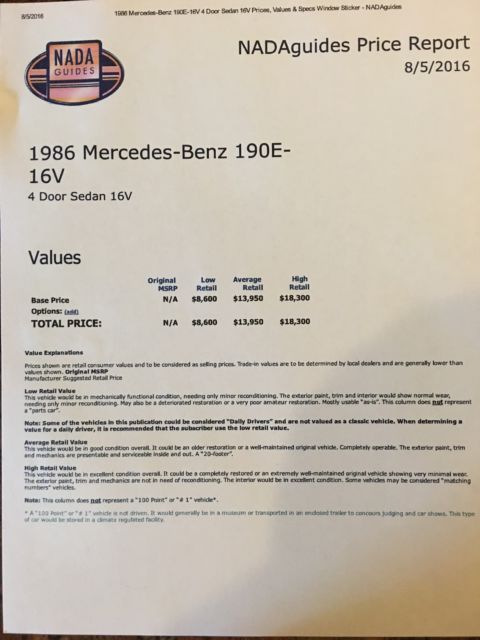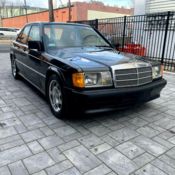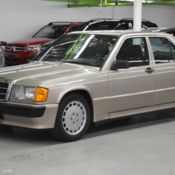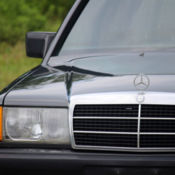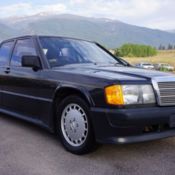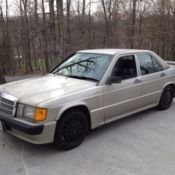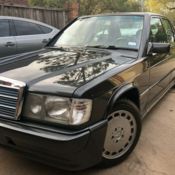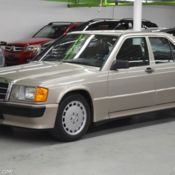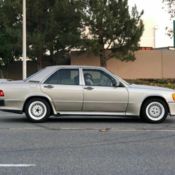1986 Mercedes-Benz 190E 2.3-16 Sedan 4-Door 2.3L (Cosworth)
| Make: | Mercedes-Benz |
| Model: | 190-Series |
| SubModel: | Cosworth |
| Type: | Sedan |
| Trim: | 2.3-16 Sedan 4-Door |
| Year: | 1986 |
| Mileage: | 219,000 |
| VIN: | WDBDA34D1GF258966 |
| Color: | Gold |
| Engine: | 2.3L 2299CC l4 GAS DOHC Naturally Aspirated |
| Cylinders: | 4 |
| Fuel: | Gasoline |
| Transmission: | Automatic |
| Drive type: | RWD |
| Interior color: | Black |
| Vehicle Title: | Clear |
| Item location: | Gilbert, Arizona, United States |
| Extras |
| Listed by | Private seller |
Description of 1986 Mercedes-Benz 190-Series Cosworth |
|
1986 190e 2.3-16V. This is the coveted Cosworth, the real deal. Only about 2000 of these cars were imported to the US in 1986-87 and there are not many left, especially in this condition. I have owned this car since 2013 and it runs and drives great. Everything still works as it should, including the hydraulic self leveling rear suspension. The interior is immaculate, rear seats look as if they have never been sat in. This car is a true survivor and still has the original Mercedes medical kit in the rear package tray. I also have the original wheels with tires that will go with the car. The spare in the trunk has never been used and still has the original tag on it. This car is great and I am pricing it below the NADA Low value. If you don't know the story of these cars I've included some history below. The Cosworth was also featured on the popular show Wheeler Dealers and you can look it up on YouTube. I don't need any help selling my car so please don't contact me with those services. 190 E 2.3-16 "Cosworth" In the late 1970s, Mercedes competed in rallying with the big V8-powered Coupés of the R107 Series, mainly the light-weight Mercedes 450 SLC 5.0. Mercedes wished to take the 190 E rallying, and asked British engineering company Cosworth to develop an engine with 320 bhp (239 kW) for the rally car. This project was known as project "WAA' by Cosworth".[11] During this time, the Audi Quattro with its all-wheel drive and turbocharger was launched, making the 2.3-16v appear outclassed. With a continued desire to compete in high-profile motor sport with the 190, and also now an engine to do it with, Mercedes turned to the Deutsche Tourenwagen Meisterschaft (DTM) (German Touring Car Championship) motor sport series instead. Cars racing in this championship, however, had to be based on a roadgoing model. Mercedes therefore had to put into series production a 190 fitted with a detuned version of the Cosworth engine. This high-performance model was known as the 190 E 2.3-16, and debuted at the Frankfurt Auto Show in September 1983, after its reputation had already been established. Three cars, only slightly cosmetically altered, had set three world records in August at the Nardo testing facility in Italy, recording a combined average speed of 154.06 mph (247.94 km/h) over the 50,000 km endurance test, and establishing twelve international endurance records. The Mercedes 190-E Cosworth was also featured on the second episode in series fifteen of the popular car show Top Gear. Engine The Cosworth engine was based on the M102 four cylinder 2.3-litre 8-valve 136 hp (101 kW) unit already fitted to the 190- and E-Class series. Cosworth developed the cylinder head, "applying knowledge we've learnt from the DFV and BDA."[12] It was made from light alloy using Coscast's unique casting process and brought with it dual overhead camshafts and four valves per cylinder, meaning 16 valves total which were developed to be the "largest that could practically be fitted into the combustion chamber".[12] In roadgoing trim,the 2.3 L 16-valve engine made "185 hp (138 kW) at 6,200 rpm and 174 lb·ft (236 N·m) at 4,500 rpm. The oversquare 95.50 x 80.25 mm bore and stroke dimensions ensuring that it revs easily up to the 7000 rpm redline".[13] Acceleration from 0--100 km/h (62 mph) was less than eight seconds, and the top speed was 230 km/h (143 mph).[13] US-Specification cars had a slightly reduced compression ratio (9.7:1 instead of 10.5:1), and were rated at 167 hp (125 kW) @ 5800 rpm and 162 lb·ft (220 N·m) @ 4750. The roadgoing version of the engine was reconfigured with reduced inlet and exhaust port sizes, different camshaft profiles, no dry sump configuration and Bosch K-jetronic replacing the specialised Kugelfischer fuel injection. These changes helped bring power down to the required 185 bhp (138 kW) specification, but still resulted in a "remarkably flexible engine, with a very flat torque curve and a wide power band".[12] The heads for the engines were cast at Cosworth's Coscast foundry in Worcester and sent to Germany to be fitted to the rest of the engine, parts of which were different from the standard 2.3 including light pressed alloy pistons, and rings designed to withstand higher engine speeds, whilst con-rods, bearings and bearing caps were found to be strong enough as standard and left unaltered.[12] |
 Home
Home Contact us
Contact us NEWEST CARS
NEWEST CARS SELL YOUR CAR
SELL YOUR CAR FAQ
FAQ